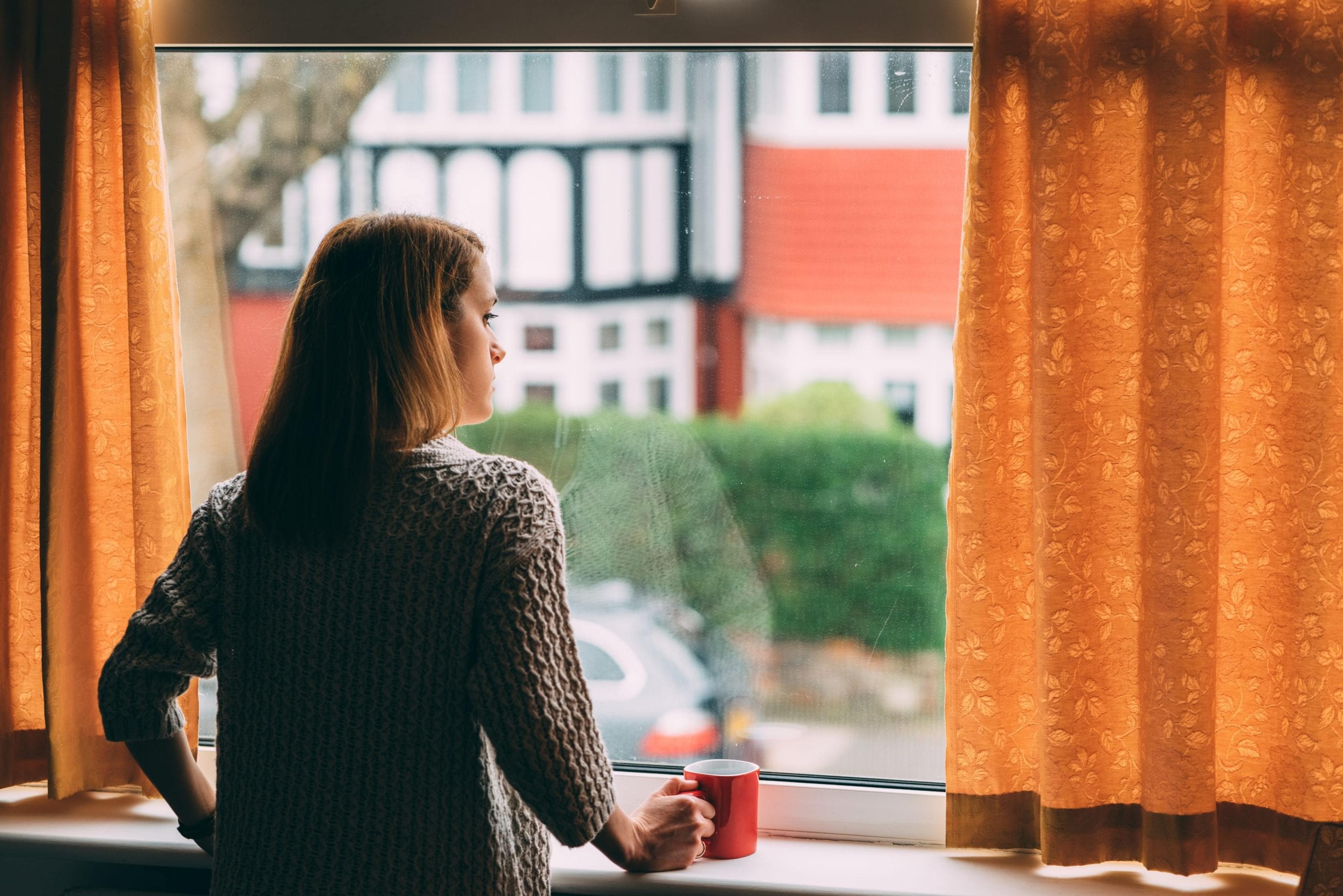
Quarantine measures put in place to slow the spread of COVID-19 have had the unintended consequence of creating heightened risk for developing cabin fever. So, what is this condition and how can it be treated? The psychological symptoms that a person may experience when they are confined to their home for an extended period can create a claustrophobic feeling. That can lead to people feeling irritable and restless, as if the walls are closing in, according to Dr. Ronald DeVries, a licensed psychologist with Pine Rest Christian Mental Health Services in Grand Rapids. “We know it, we research it, it exists. In its most extreme form, it can lead to being paranoid, where you just don't trust people. And, honestly, people can even get suicidal,” said DeVries. On the latest episode of A Healthier Michigan Podcast, hosted by Chuck Gaidica, he and DeVries discuss cabin fever and ways to overcome it. Listen to the full episode here:
DeVries advises watching for the following feelings: boredom, low motivation and loneliness. “There's a difference between a lazy Saturday or Sunday morning, where you just want to close off the world, hang out and not do very much, but that can't become a lifestyle. That's what starts to happen with cabin fever, where you are isolated and alone — and you feel bored, and you have no motivation,” DeVries said. He suggests taking the following steps to combat cabin fever:
- Get outside. Fresh air and exercise can make you feel better.
- Create a daily routine by organizing your day. Human beings are creatures of habit and do better with routine.
- Pay attention to your sleep hygiene. Most people need about eight hours of sleep, plus or minus two. Too much or too little can be detrimental.
- Take breaks from technology. Going from computers, to iPads, to phones, to TVs, and back to computers can fuel a sense of cabin fever.
"We have just got to be kind to ourselves and realize we are in the midst of a Michigan winter and a pandemic," said DeVries. "Those two together are just ripe for cabin fever. We have got to recognize that and give ourselves grace." Related:
Photo Credit: Getty





